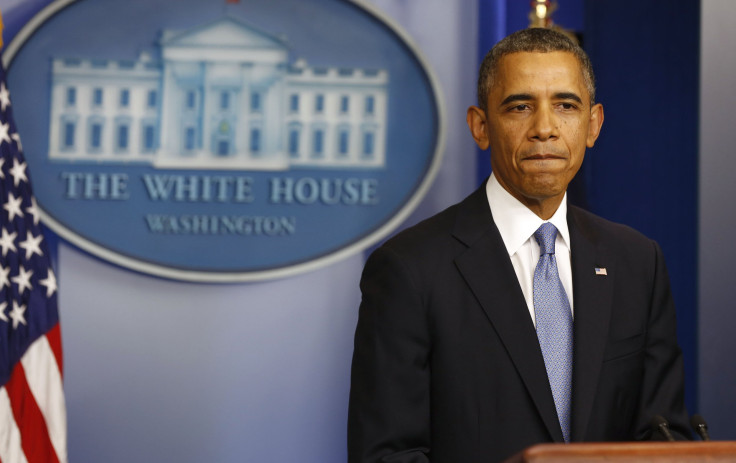
The United States government has shut down following a decision from the House that demands changes in Obamacare. This is the first shutdown in 17 years, and the previous shutdown was only partial, after Congress and the president couldn't reach an agreement on a spending bill. A shutdown is caused when the government does not have the legal authority to spend money, but the last shutdown in 1966 is largely different from now. So why can't Congress agree on a spending bill? The main issue revolves around Obamacare, or the Affordable Care Act. The Republican-controlled House has passed a spending bill that maintains current spending levels, but excludes funding for Obamacare. The Democratic Senate insists that Obamacare be included in the spending bill, by the passing of a "continuing resolution without policy changes" also known as a "clean CR".
So now that you have a basic grasp on what exactly is happening with the US's government shutdown, there are a few things you need to know. Mostly, what are the next steps and what are the implications? The government shutdown may affect you but the issue should and hopefully will be resolved quickly. The main concern is when will the government shutdown end? The government shutdown will end immediately after President Obama signs a spending bill. According to the Congressional Research Service, there have been 17 shutdowns in US history since 1977. So will the shutdown is not unprecedented, each shut down is different. Usually shutdowns last no more than three days, but the longest shutdown occurred from 1995-1996, with a shutdown length of 21 days.
Most government services are still in effect, mail will still be delivered, social security, food stamps, and Medicaid all will be paid, taxes will continue to be collected, and active-duty military will receive payment. But national parks will be closed, Washington museums will be closed, federal employees will be furloughed, WIC may not be available, but because it's administered by states, funds may be available depending on the state. The District of Columbia itself may shutdown. During the 1995-1996 shutdown, many city departments closed including trash collection for a full 21 days.
And despite all the closures during a shutdown, taxpayers won't be saving any money, but instead costing us more money. According to the Committee for a Responsible Federal Budget, a government shutdown costs taxpayer's money due to lost user fees and back pays. Moreover, the shutdown will affect the economy. According to the Washington Post, if the shutdown lasts a few days or more, the economy will be affecting "in numerous ways, most clearly by cutting spending on contracts and salaries."
The shutdown may provide a clear showing of the limit of power for each political party, however more likely the government shutdown will be a test of which party can outlast the other before folding.
RELATED:
Government Shutdown: For Hispanics, Hundreds Of Thousands To Be Furloughed
© 2025 Latin Times. All rights reserved. Do not reproduce without permission.





